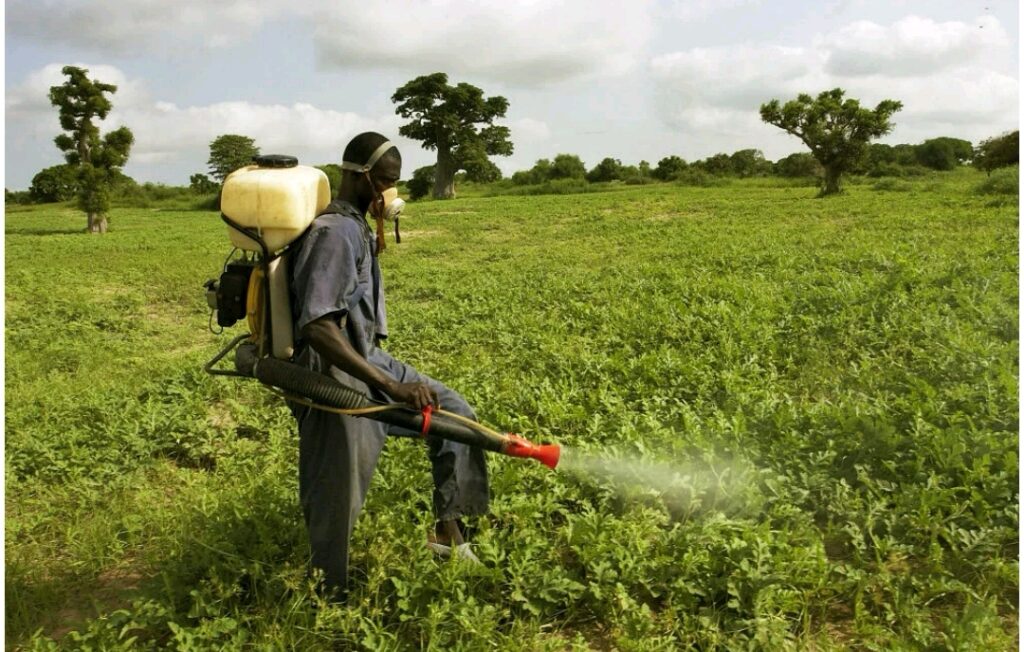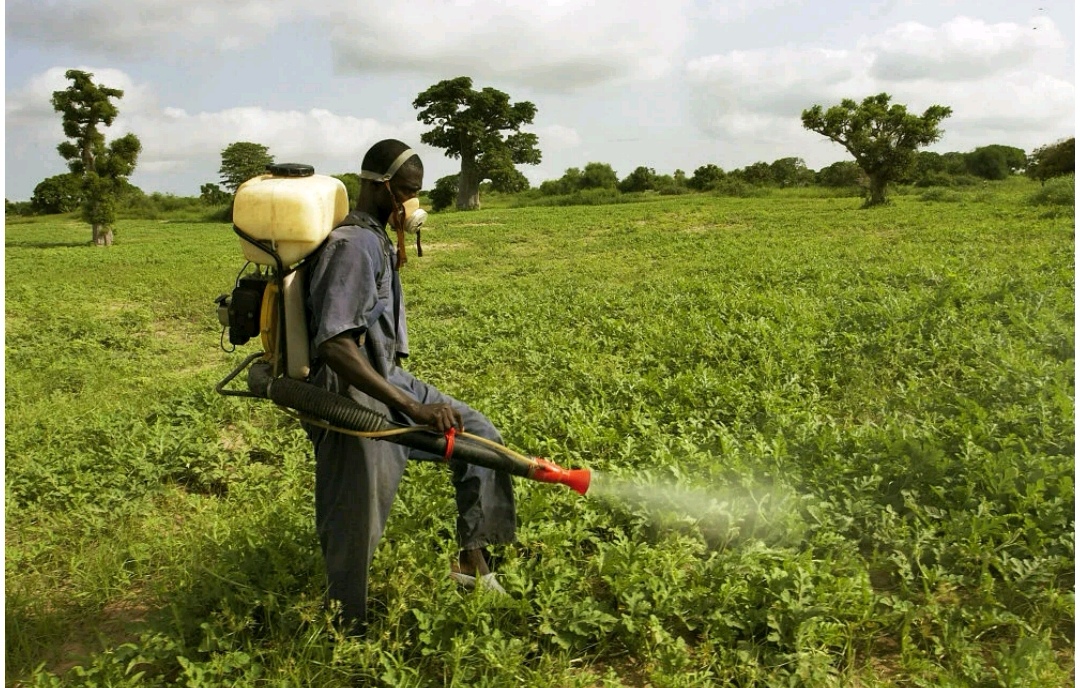By Jenny Luesby

As farmers protest across Europe, blockading cities, smashing through police barricades, and dumping manure, European politicians are falling over themselves to promise increased trade barriers against African food and agriculture imports.
But how is it that locking out Kenyan horticulture, South African oranges, and Tanzanian sunflower seeds has become such a burning issue for Africa’s biggest agricultural trading partner?
The answer lies in pest control.
For when the European Union launched its Green Deal climate action plan in 2019, with the noble aim of reducing the emissions driving climate change, it threw in an extra green target of phasing out the use of pesticides.
It seemed a sweet political move for the European Commission at the time, following countless distorted campaigns from environmentalists exploiting the membership and revenue power of claiming food and drink contamination and environmental catastrophe.
Facts weren’t a necessity in this: the point was scary headlines. Just one example, now impacting most of Africa, were claims that one of the world’s newest and cleanest insecticides was wiping out bees, essential to the pollination of human food. It made a powerful narrative, creating images of a future world devoid of pollinated fruits.
It just didn’t happen to be true. The pesticides don’t affect bees and the bee population is rising rapidly everywhere, including in nations still using the targeted pest controls. But the bee campaign, and many others claiming far-fetched health and environmental risks, had, by then, driven public opinion and pseudo science into a frenzy of opposition to pesticides
The timing couldn’t have been worse, as climate change began inexorably increasing the range and volume of plant pests and diseases.
Thus, as Europe rolled out ever more bans of pesticides deemed low risk elsewhere, its agricultural production began stagnating and declining. It gave farmers rounds of compensation, rising to now half their income. But, as the pest losses mounted, European producers began protesting against ‘unfair’ competition from imports still allowed to use pest protection, very often from Africa.
This saw Europe turn to the mission of enforcing its extra pesticide ‘precautions’ in Africa too. It began by moving most of the Maximum Residue Levels for these risk-approved pesticides to a technical zero. This triggered a World Trade Organisation dispute that is still running, driven by the US and India, but including multiple African nations, decrying the effective pesticide bans as trade barriers.
The EU then additionally introduced new lists of quarantine pests, most of which required the banned pesticides to control.
African agricultural exporters were caught in an effective pincer movement, locked out by pests they could no longer control.
In West Africa, the impact on the cocoa sector, which alone accounts for over a third of all African agricultural exports to the EU, has been so severe, cocoa prices have now soared. Coffee has also been hurt, while, in Southern Africa, the fruit and nut industries, which account for another 14 percent of Africa’s total agricultural exports to the EU, are hanging on a thread. Last year, Europe demanded South Africa chill all oranges for export at below 2 degrees Celsius for 20 days before shipping instead of using pest protection, triggering industry warnings of a 20 percent fall in exports and thousands of job losses.
But, in Kenya, efforts to maintain flower, fruit and vegetable exports to the EU have triggered even greater extremes, with the local banning of pesticides targeted by Europe drawing warnings from the CEO of the Kenya Fresh Produce Consortium of a $1bn food production loss per year. More recent estimates show the country will move into a food crisis from 2025 as a result.
For Africans cannot survive if maize is left for the Fall ArmyWorm that destroys up to 70 percent of crops, or cocoa is given up to mirids that also damage over 70 percent, wheat to complete destruction from leaf rust, and coffee to coffee berry borer.
African governments are juggling between limiting their export collapse – to maintain import funds without which all development slows – and ensuring food production and food security at home.
It is a dire trade-off – being driven by a policy so divisive in Europe that the European Parliament, last October, voted against a new bill to further halve its own pesticide use, while EU President Ursula von der Leyen has said pesticide withdrawals have now become “a symbol of polarisation” for the EU
In Africa, they are creating poverty, hunger.and reversed development, and now the solution to Europe’s newest political protests over them is to hit Africa harder still.
Jenny Luesby is a development consultant specialising in climate change, and the publisher of FarmBizAfrica.com
